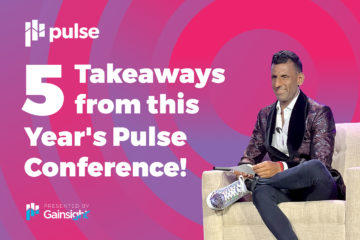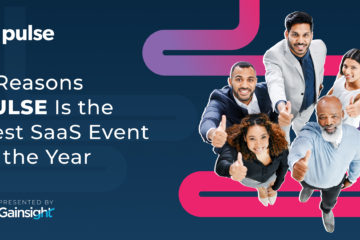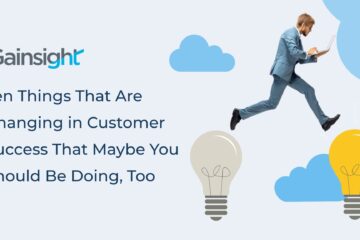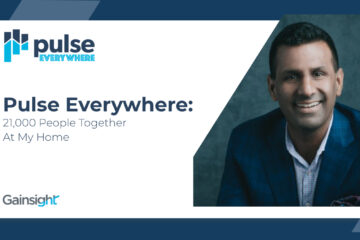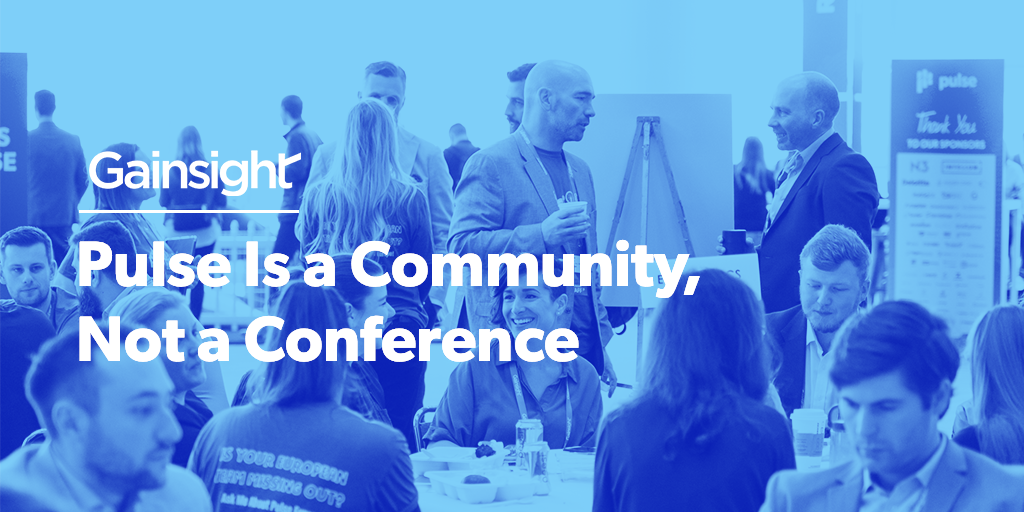
Middle school. Whose idea was it to put 12 and 13-year-olds in a new school with new social structures and new challenges while they’re basically getting new bodies all at the same time?
Did anyone like middle school? Okay, I know some people did. My wife for example—she’s been a beacon of happiness throughout her life.
Meanwhile, I had what might be considered more of the stereotypical experience. Middle school is when I first started to figure out I really didn’t fit in. High school Valentine’s Days were looming, along with physical education and dodgeball fiascos, but it all started for me in seventh and eighth grade.
The most brutal part was simply eating lunch. I vividly remember that awkward dance of grabbing my tray, walking down the lunch line, getting some paper napkins to blot the grease saturating my gross slice of pizza, all the while scanning the room looking for somewhere to sit.
“Oh yeah,” I’d say to myself ruefully, “I’m not friends with anybody.” But sitting alone felt like the worse ignominy to a 12-year-old. So I’d find some empty classroom to dine in.
The situation didn’t change much in high school, but luckily we had an empty computer lab where I could program during lunch.
I truly hope your loneliness struggles weren’t nearly as bad as mine, but I’ve found that almost everyone I talk to can personally relate to my feelings of not fitting in.
Human-first
At Gainsight, we’ve always had this belief that going to work isn’t fulfilling if we don’t get to be our true selves. We’ve all had to compartmentalize our lives at work and school and at home, but that’s not what we want at Gainsight. Everyone knows that old adage, “It’s not personal, it’s business.” But we believe, in the eternal worlds of business legend Michael Scott from The Office:
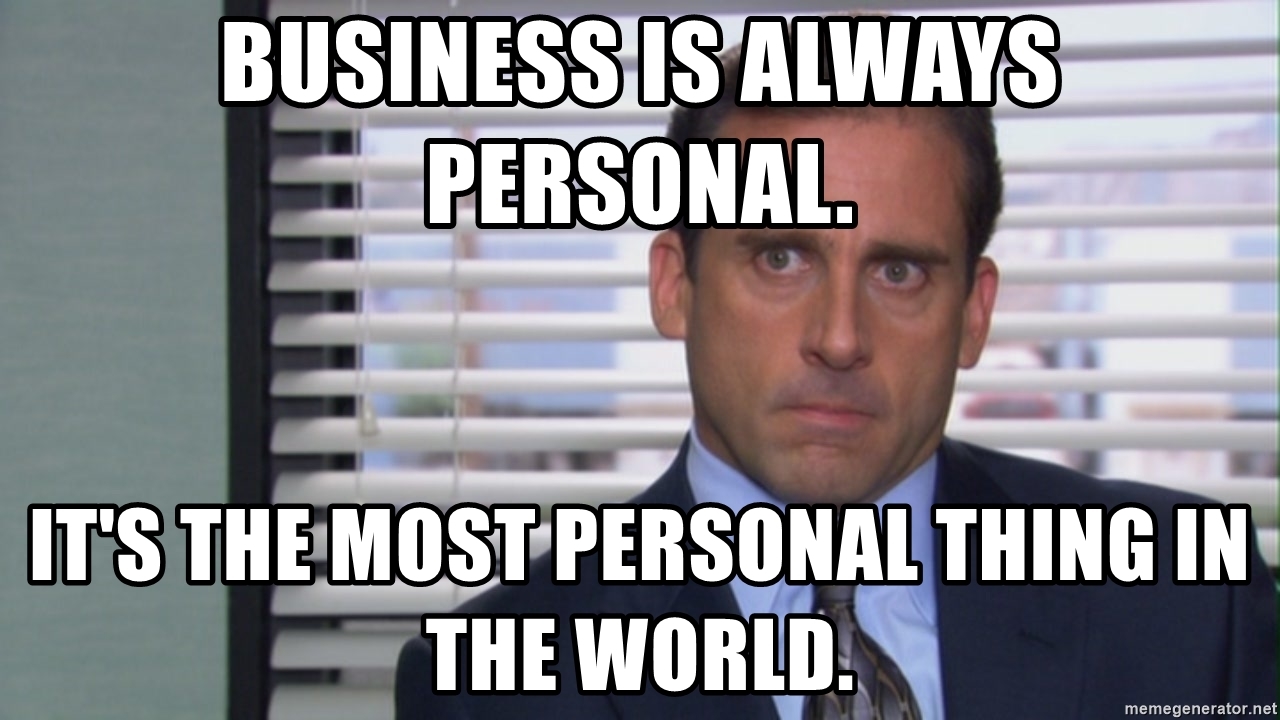
So we adopted our company purpose statement a year ago to canonize that aspiration:
To be living proof that you can win in business while being human-first.
Dear Evan Hansen
Back to my personal story. Last summer, my wife (yes, I eventually made a friend!) and I took our tween (at the time) daughter on a daddy-mommy-daughter date. All three of us adore musicals and I had seen the relatively new Broadway smash hit Dear Evan Hansen earlier and was so excited to share it with my family.
If you haven’t seen Dear Evan Hansen, it’s one of the heaviest and lightest musicals I’ve experienced. The topics—teenage depression, loneliness, and suicide—are not for the faint of heart. The opening lines to the pivotal song “You Will Be Found” sung in Ben Platt’s soaring voice capture that weight:
Have you ever felt like nobody was there?
Have you ever felt forgotten in the middle of nowhere?
Have you ever felt like you could disappear?
Like you could fall, and no one would hear?
But it was also incredibly light in that it’s beautifully rendered with comedy, energizing scores, and optimism.
Needless to say, it’s a moving experience that leaves one at the end looking to the right and left to find out who’s cutting onions.
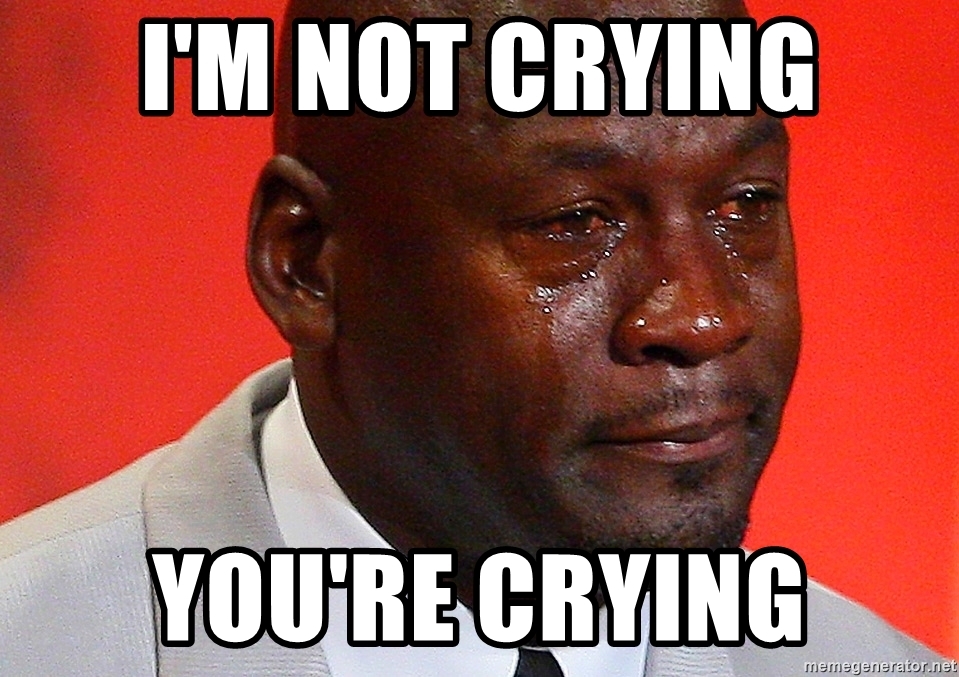
For me, this show hit home, given some of the loneliness I felt as a kid and how I still carry it with me today, despite sometimes being in front of thousands of people. I still can’t say I feel like I fit in most of the time. I still feel weird and broken—like I don’t belong—pretty frequently.
But if you’re lucky enough to be a parent, you know that your child’s emotions can amplify your own like a thousand times over for you. Seeing how moved our daughter was by the musical got me thinking about how much loneliness is a part of all of us.
What does this have to do with business?
So why the heck am I talking about this in a tech blog?
In the technology business, we’re literally building the digital infrastructure for my daughter’s generation and many beyond hers. We’re in the first stages of a new economy, a new society—potentially a new civilization. It’s exciting and terrifying. The choices we make will resonate for a long time. That’s why I’m so proud of the customer success movement, specifically. I think it’s a sign that maybe we’re improving on some of the mistakes of previous generations of business people.
But when I see that my kids often experience the same isolation I felt in junior high, I wonder if things really are getting better.
As business people and as builders of companies and systems that will potentially outlast us, we need to grapple with these questions. Are our products and processes building a more human-first world? Are they making us less alone?
The Pulse Community
We created the Pulse Customer Success Community in May of 2013 with our first Pulse conference. Back then, it was 300-strong and it wasn’t clear how many weren’t my mom or friends of my mom.
And just two weeks ago, we held Pulse 2019 with 5500 in attendance at Moscone West.
Hundreds of CEOs have asked us how we “built this community” and “created this category.”
The reality is we didn’t “build” anything. We identified some seeds and tried to nurture them.
The nurturing was simply good community-building—creating a forum that fosters common vision, shared authenticity, and mutual trust.
The seeds were a burgeoning role in companies (Customer Success Manager) and a new company-wide cross-functional movement toward customer success.
We found that these new CSMs shared so much in common:
- They came from different roles (e.g., support, account management, renewals, services) and didn’t always know if they were doing the right things.
- They were evangelizing a new function internally and felt like they were sometimes pushing a rock uphill.
- Their new roles weren’t always fully understood—both by their peers in other groups and even by their own social circles sometimes.
- And most importantly, in companies that often said “all that matters is Sales and Engineering,” they weren’t sure if they really fit in and belonged.
Pulse grew up not as a “user conference” or a “product event” but as some mix of reunion / revival / therapy session for all of the people in customer success who could, once a year, finally have someone to sit with.
And when we survey Pulse attendees every year and ask the biggest value they get from the event, the top answer is always, “I feel a little bit less alone and that I’m on the right track.”
Some simply say, “I’ve found my people!”
Community and Customer Success
But this year, we figured out that there is more to the story.
Sure, Gainsight needed its current and potential clients to be linked together in a community. The need for connection in customer success is real.
But I’d argue nearly every company’s customer base includes an opportunity for community.
Customer bases are just a bunch of human beings. A human-first approach to customer success means recognizing that your clients are people who want to feel the same positive emotions (connection, belonging, etc.) that we all aspire to. And they struggle with the same demons, like loneliness.
In my experience, it’s highly likely that your customers want to belong and that your customers want a community.
Maybe you already provide one. I know many of our customers like Splunk, Tableau, and VMware preceded us in building super passionate communities.
Some people tell me, “Nick that’s great for your startup customers, but what about your enterprise clients?” I reply back, “The secret is our enterprise clients want to belong as much as anyone. When we have karaoke at community events, our Global 2000 friends are the ones closing out the night with Bohemian Rhapsody.”
We Are Lonely Together
Which brings us back to the musical.
The beauty of Dear Evan Hansen—the mind trick that it plays on you—is that it’s a deeply positive and life-affirming performance. The show that talks about suicide leaves the audience on a high. Because the protagonist, who struggles with loneliness and depression, realizes that everyone feels that way. He figures out that “you are not alone.”
I think in a tiny way, a human-first community is a way for our clients to feel a little bit less lost and a little more found.
Even when the dark comes crashing through
When you need someone to carry you
When you’re broken on the ground
You will be found.
